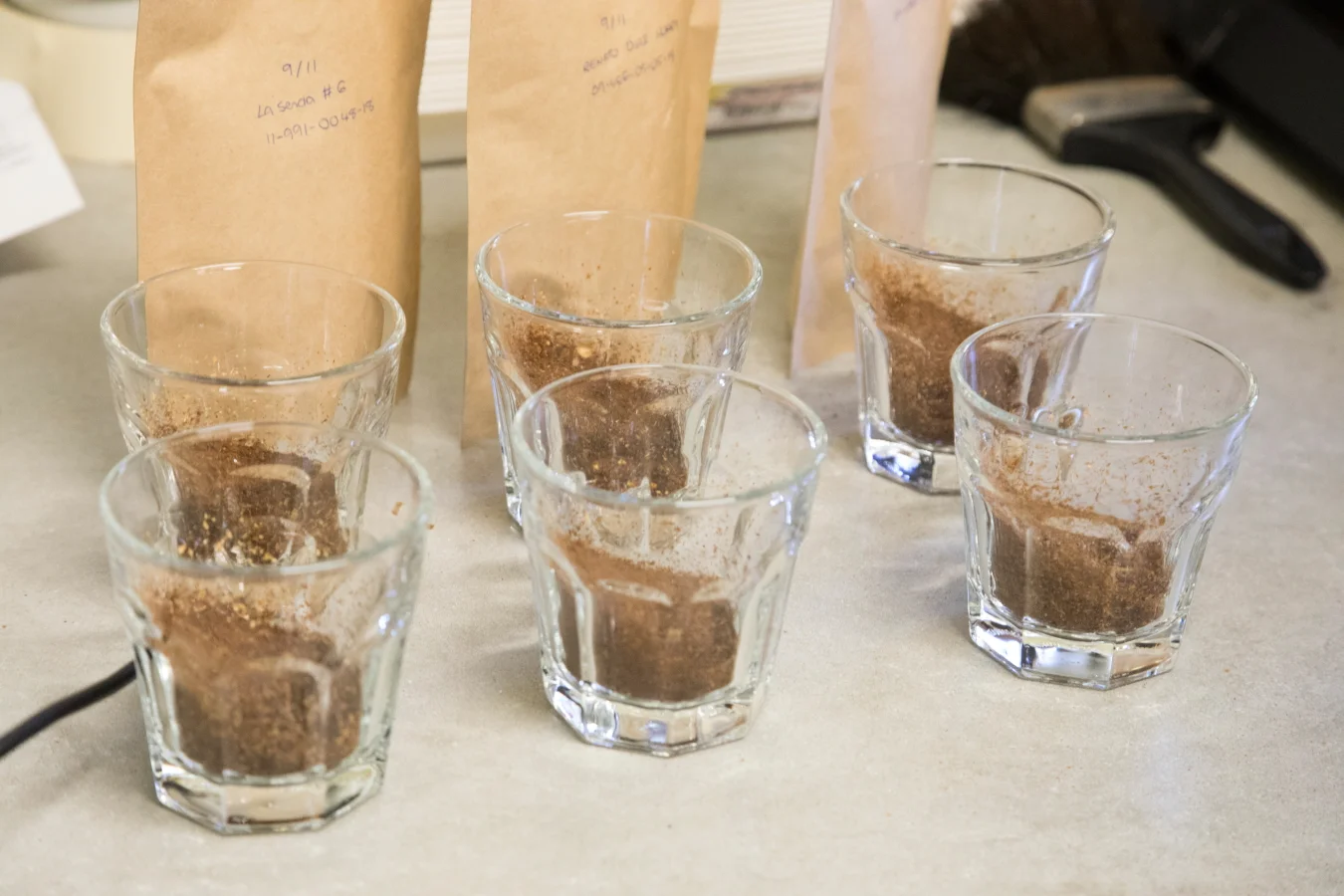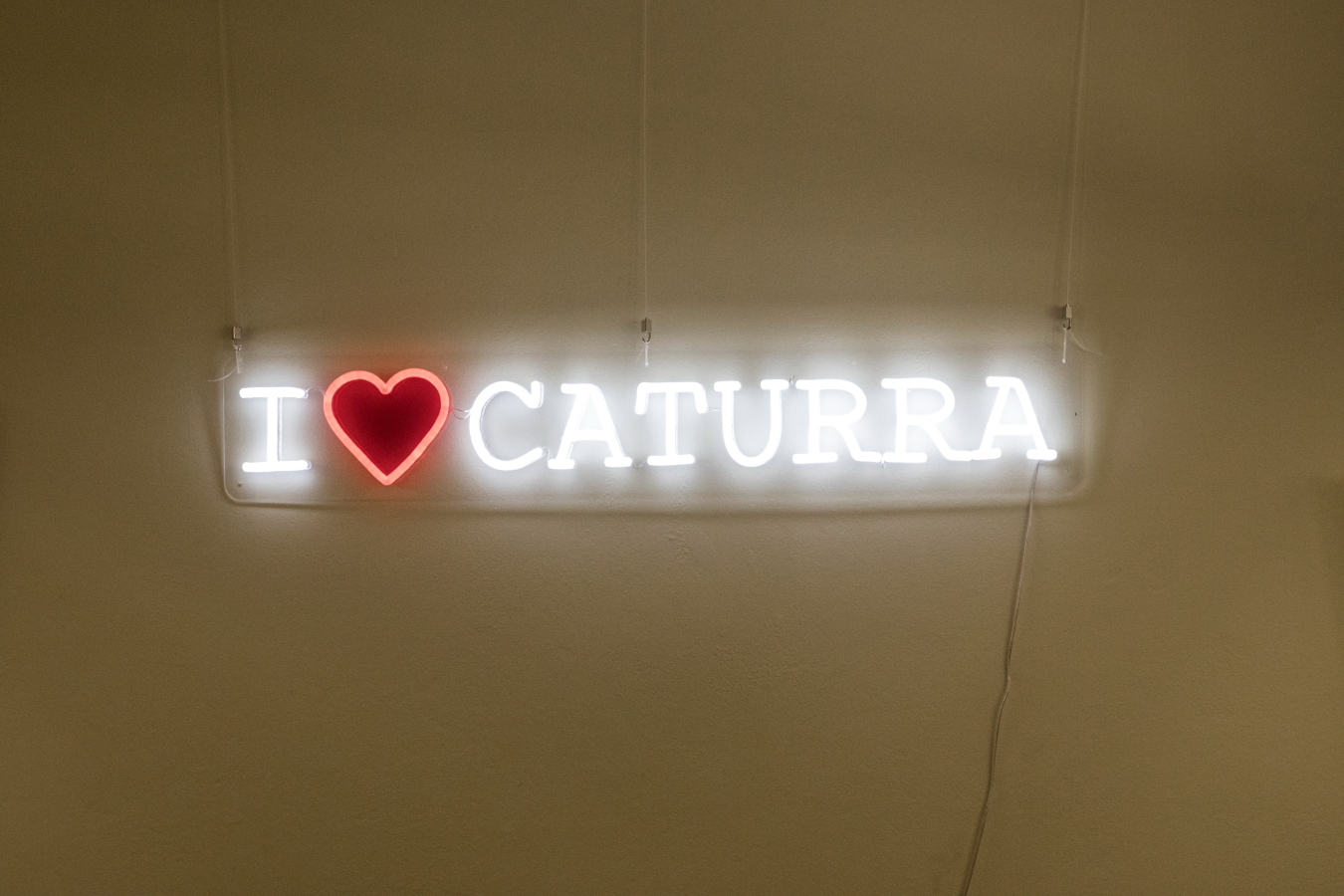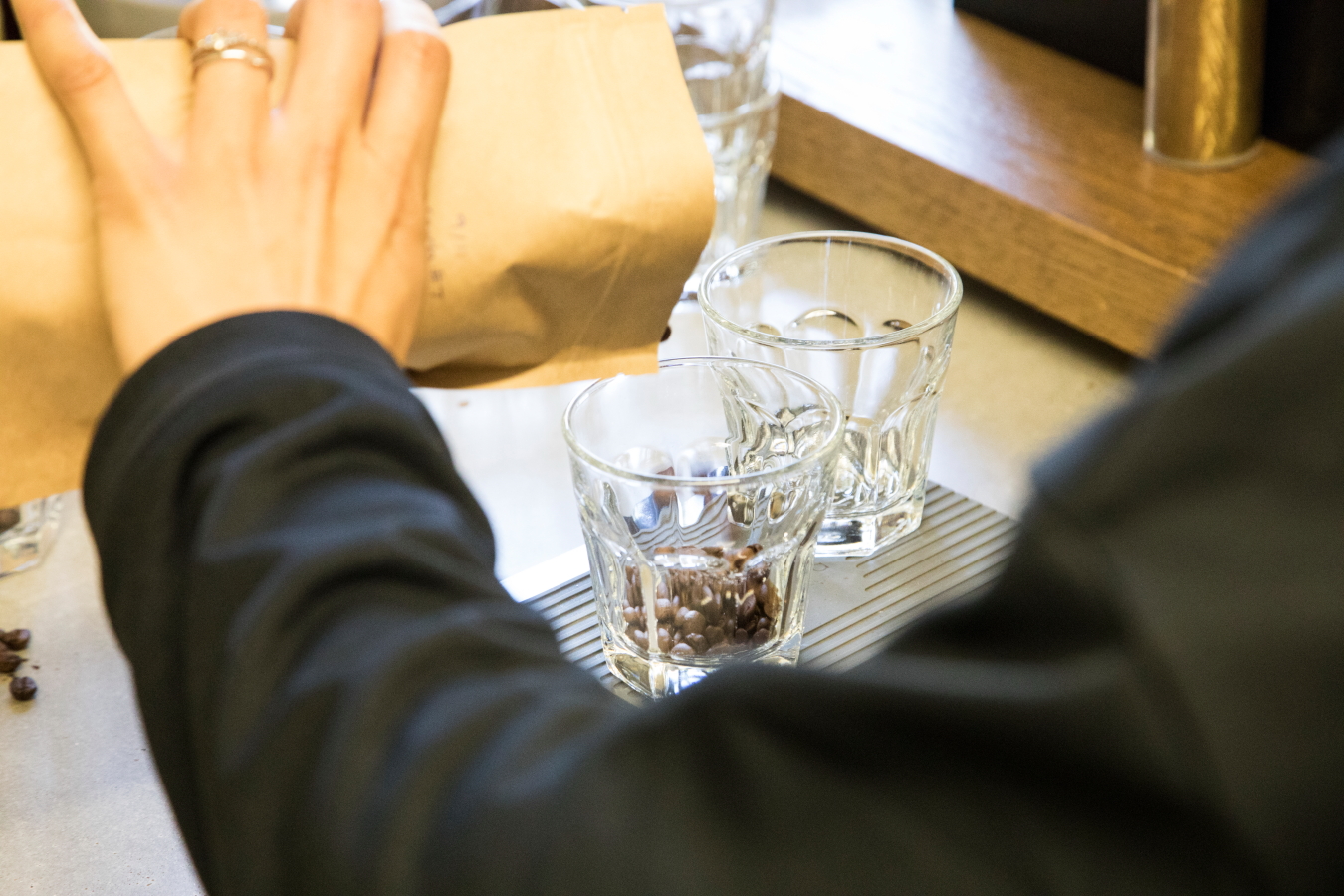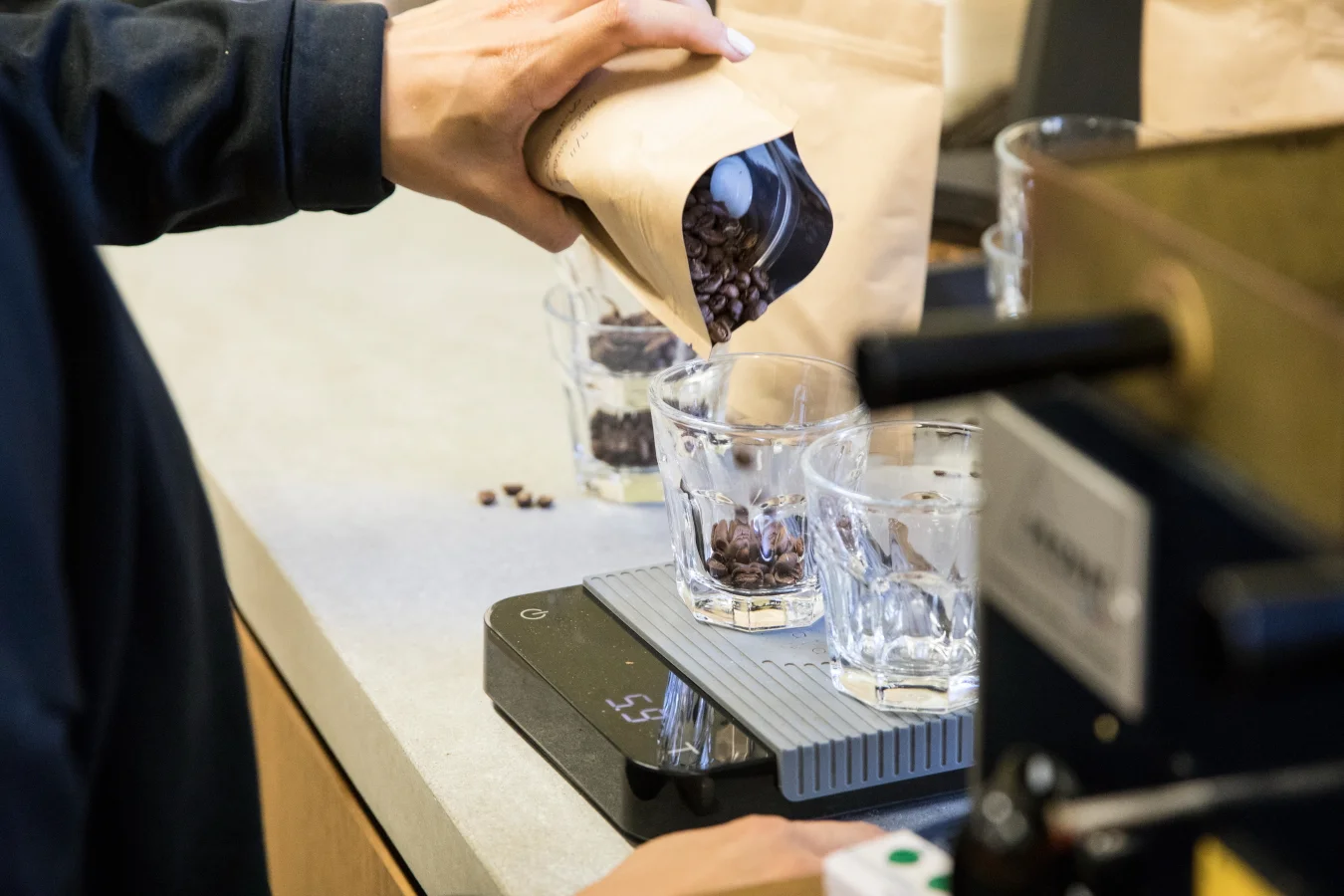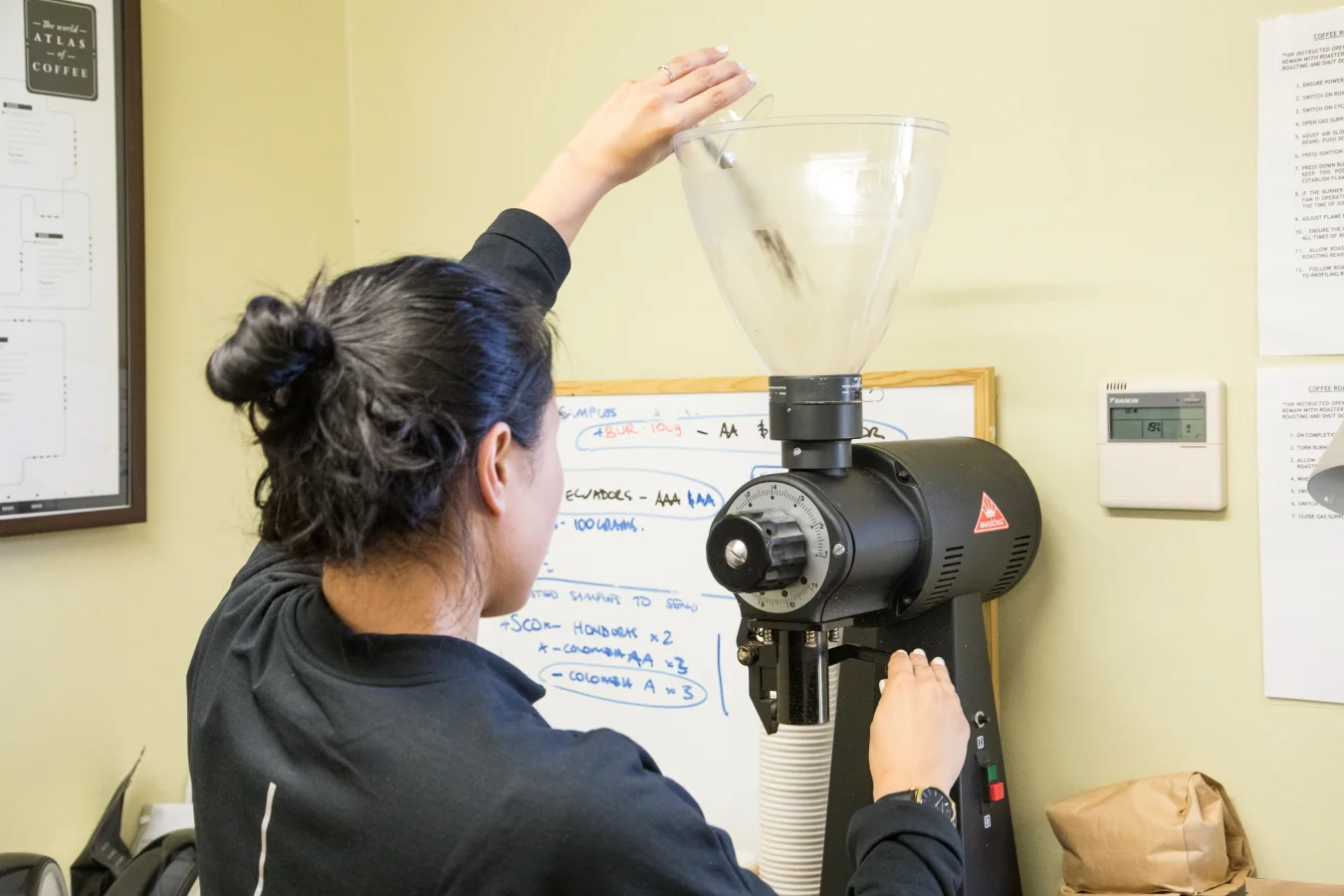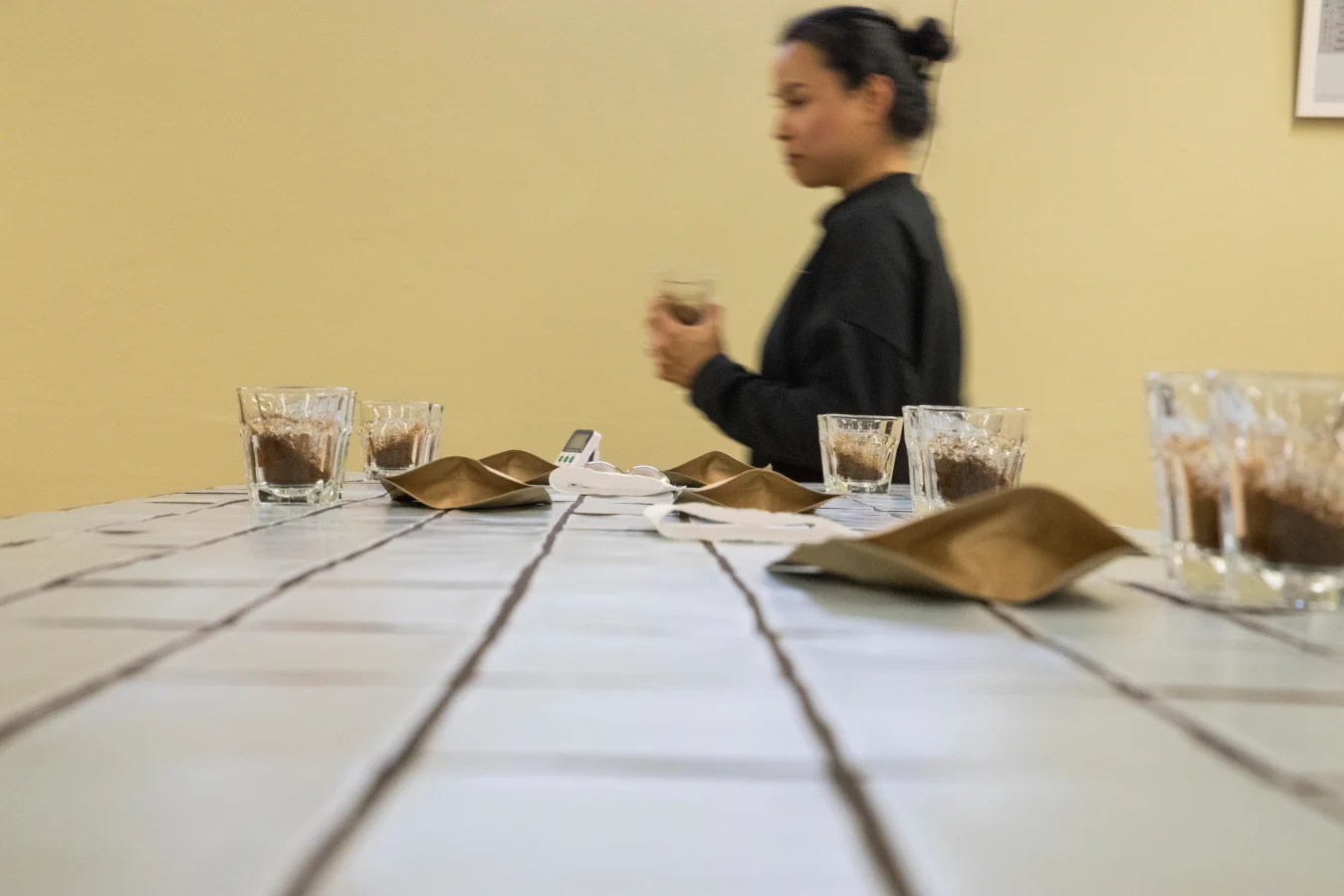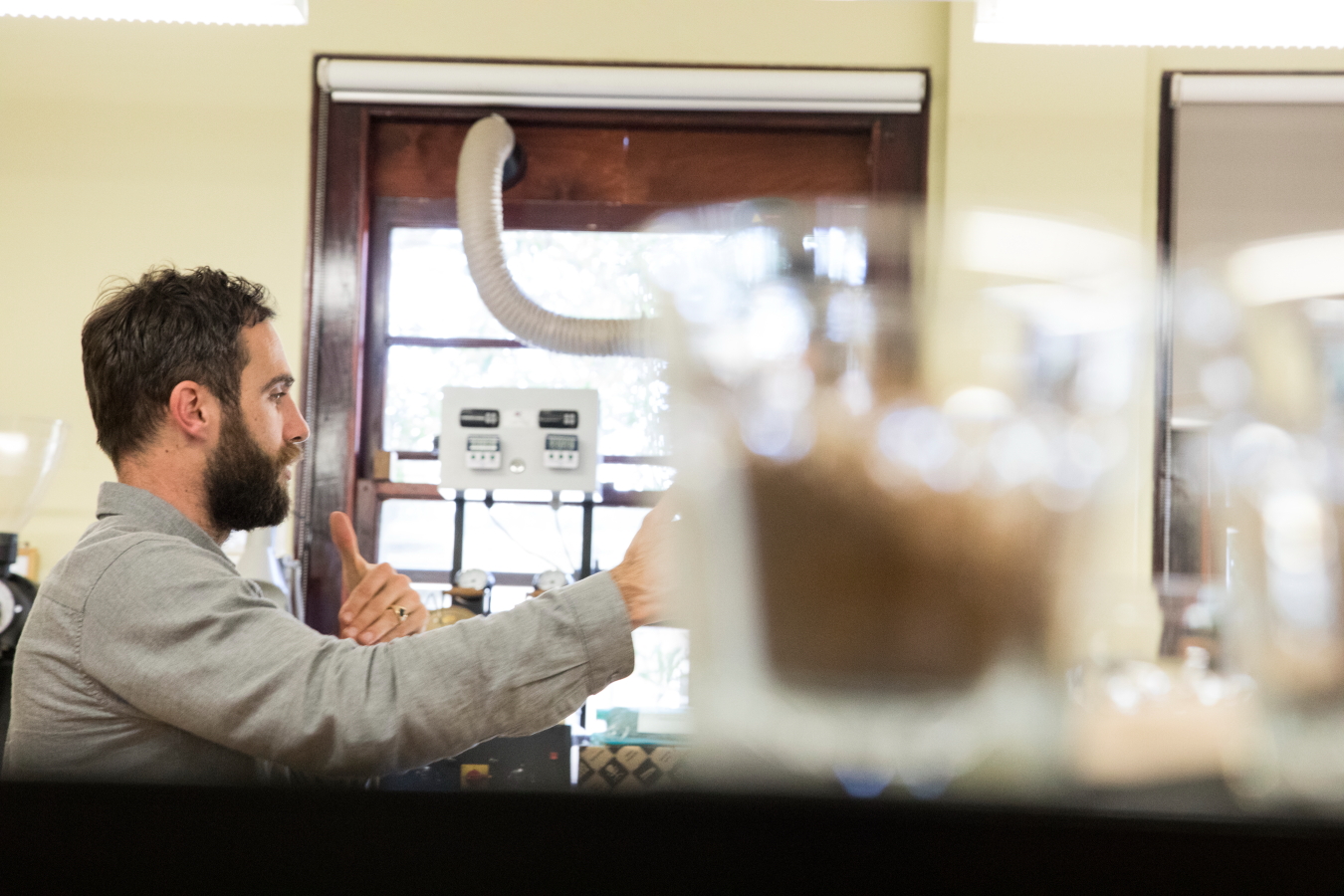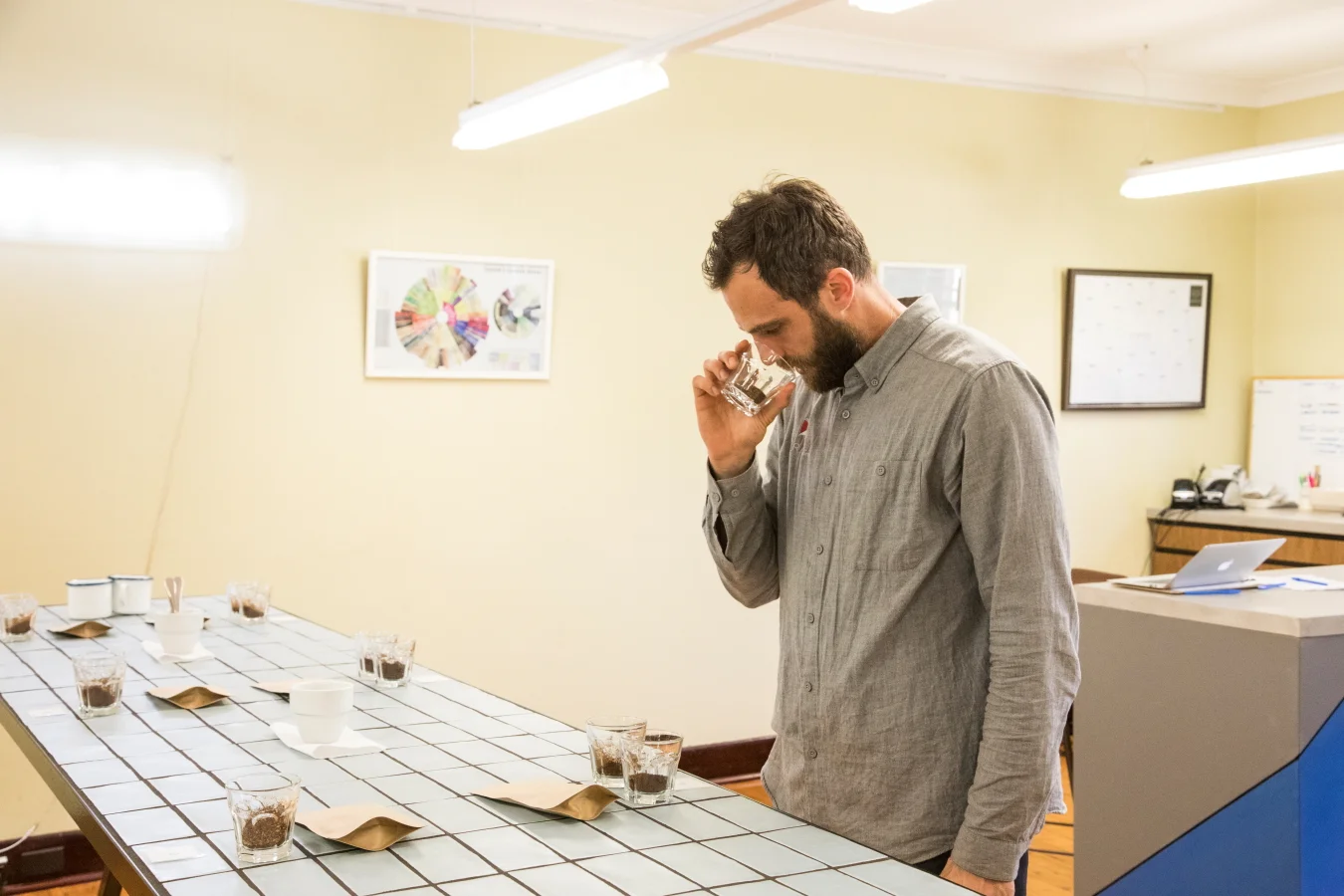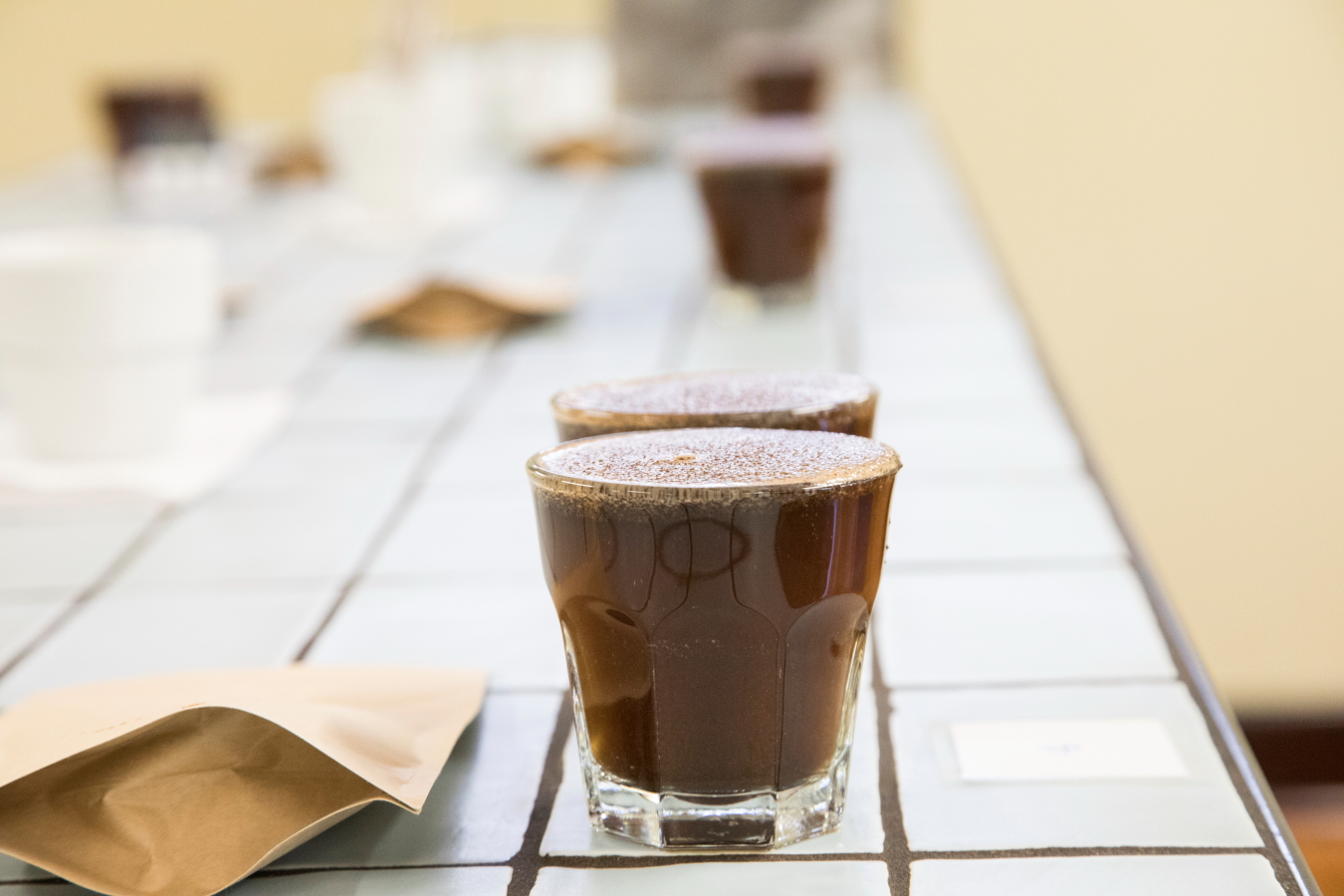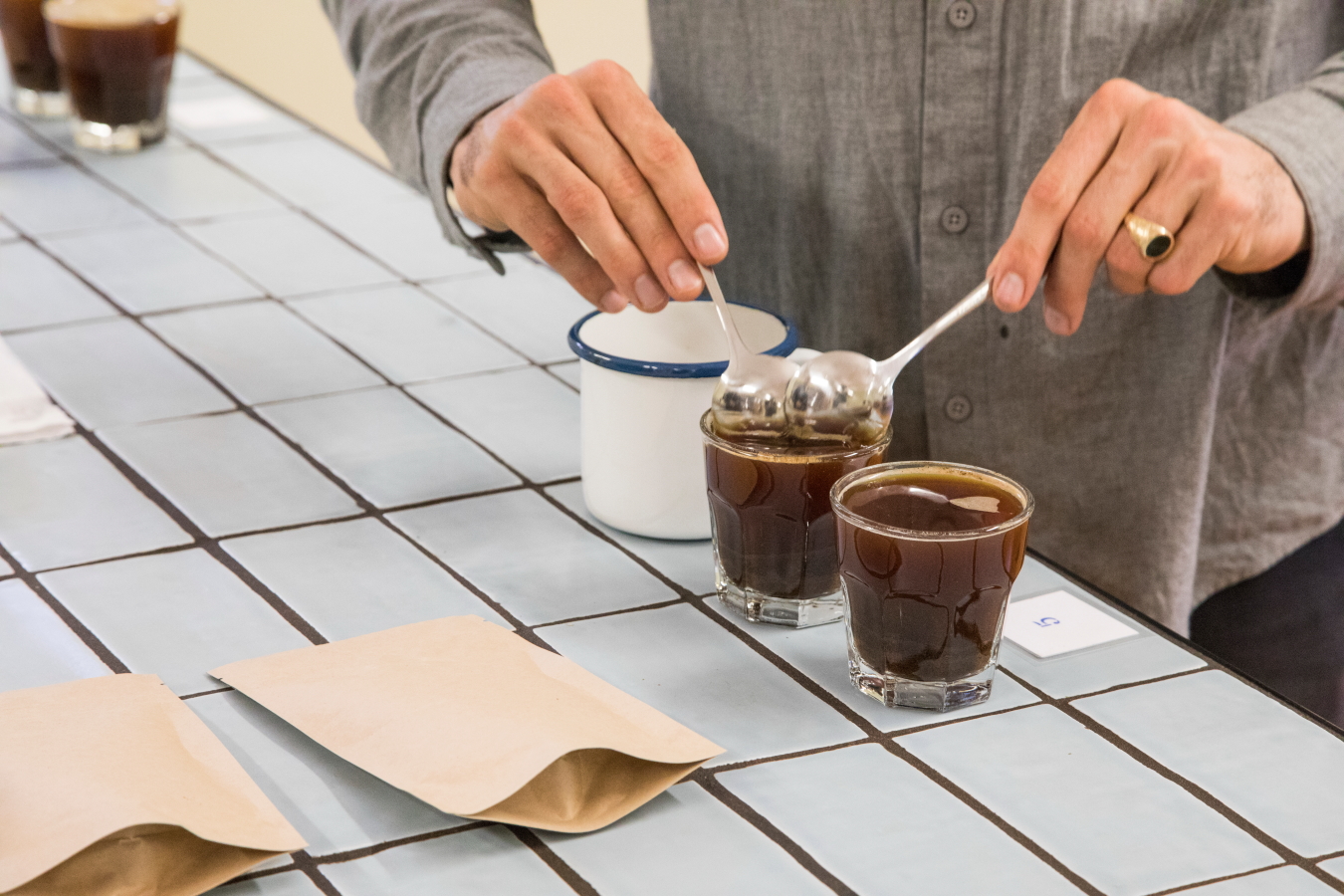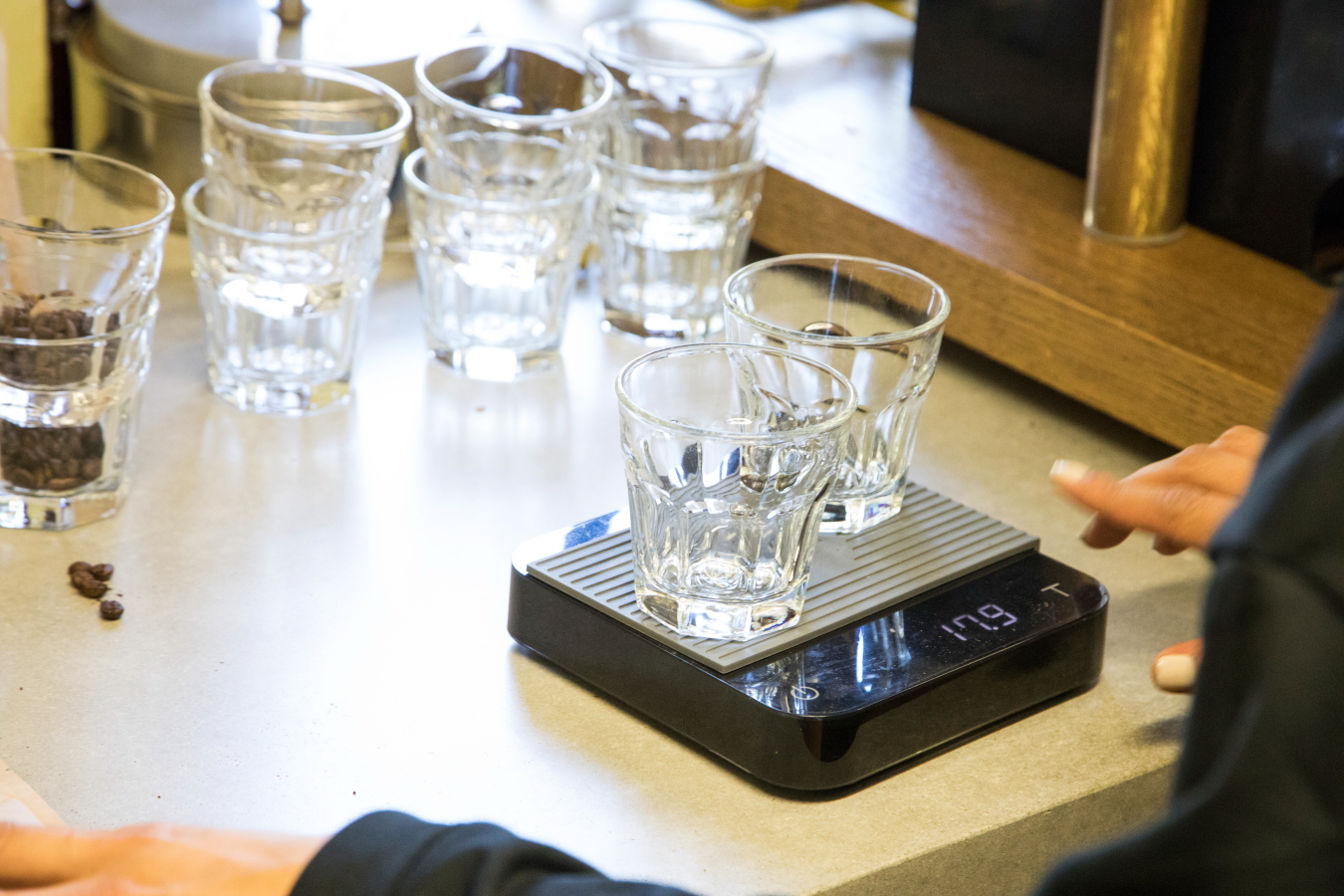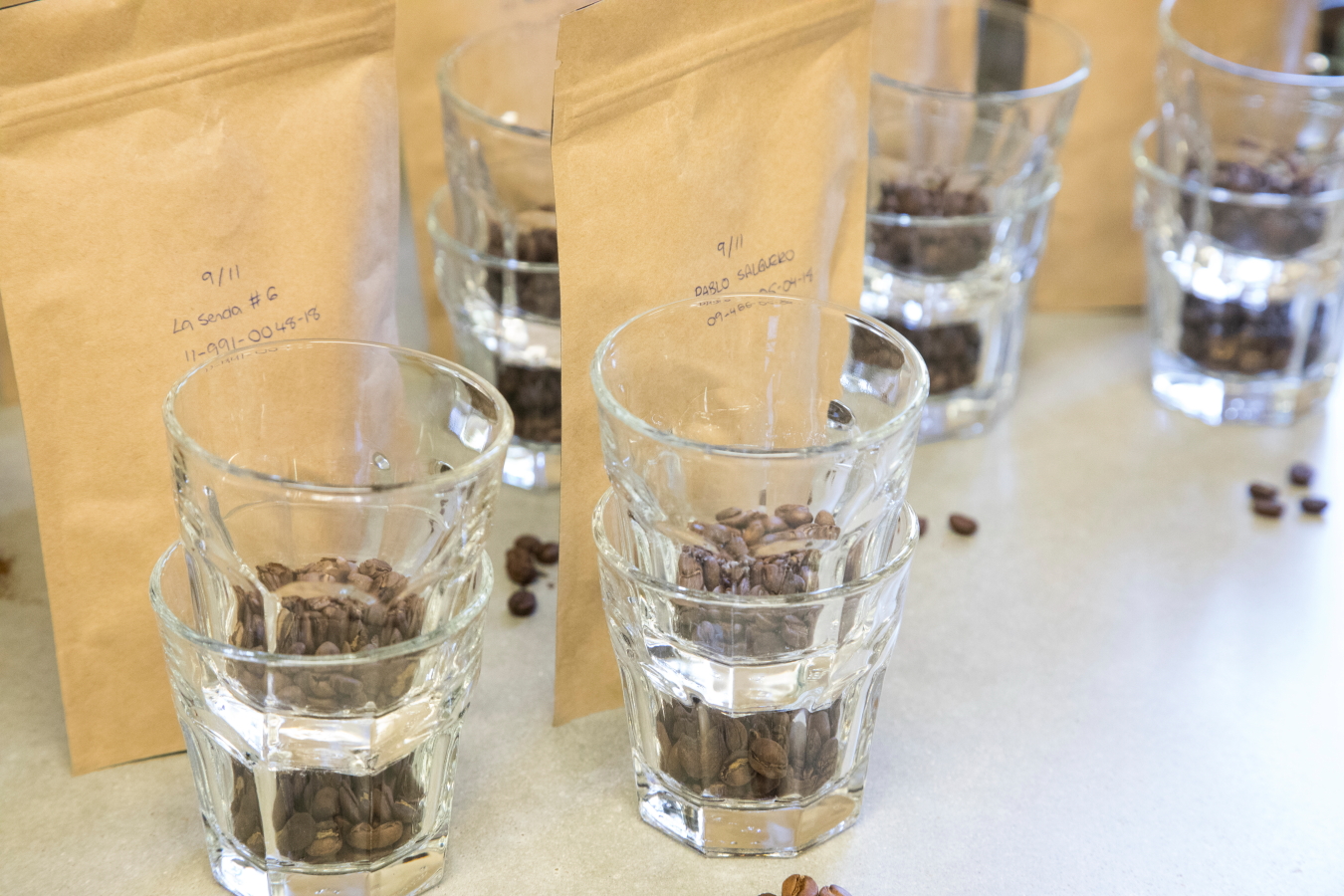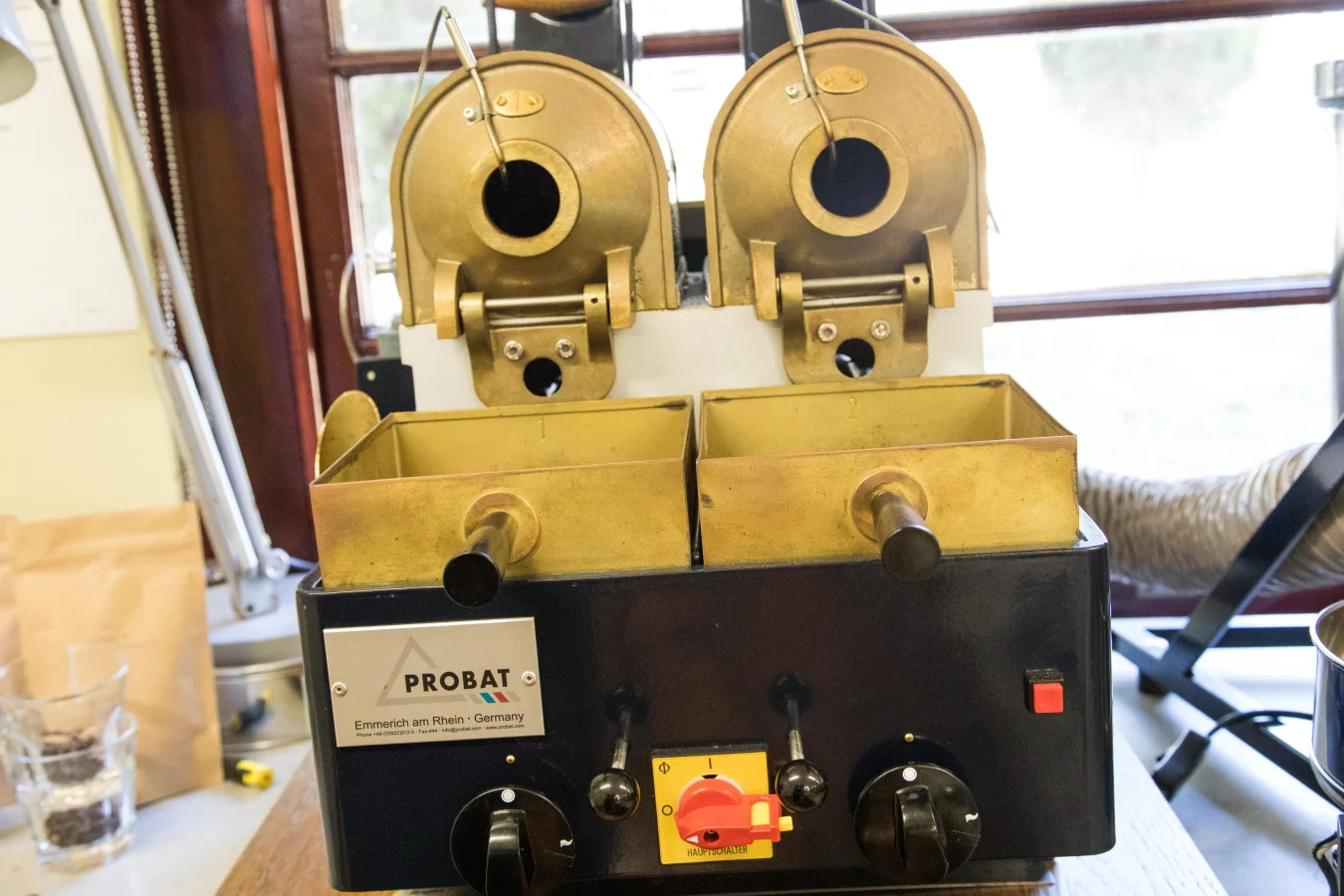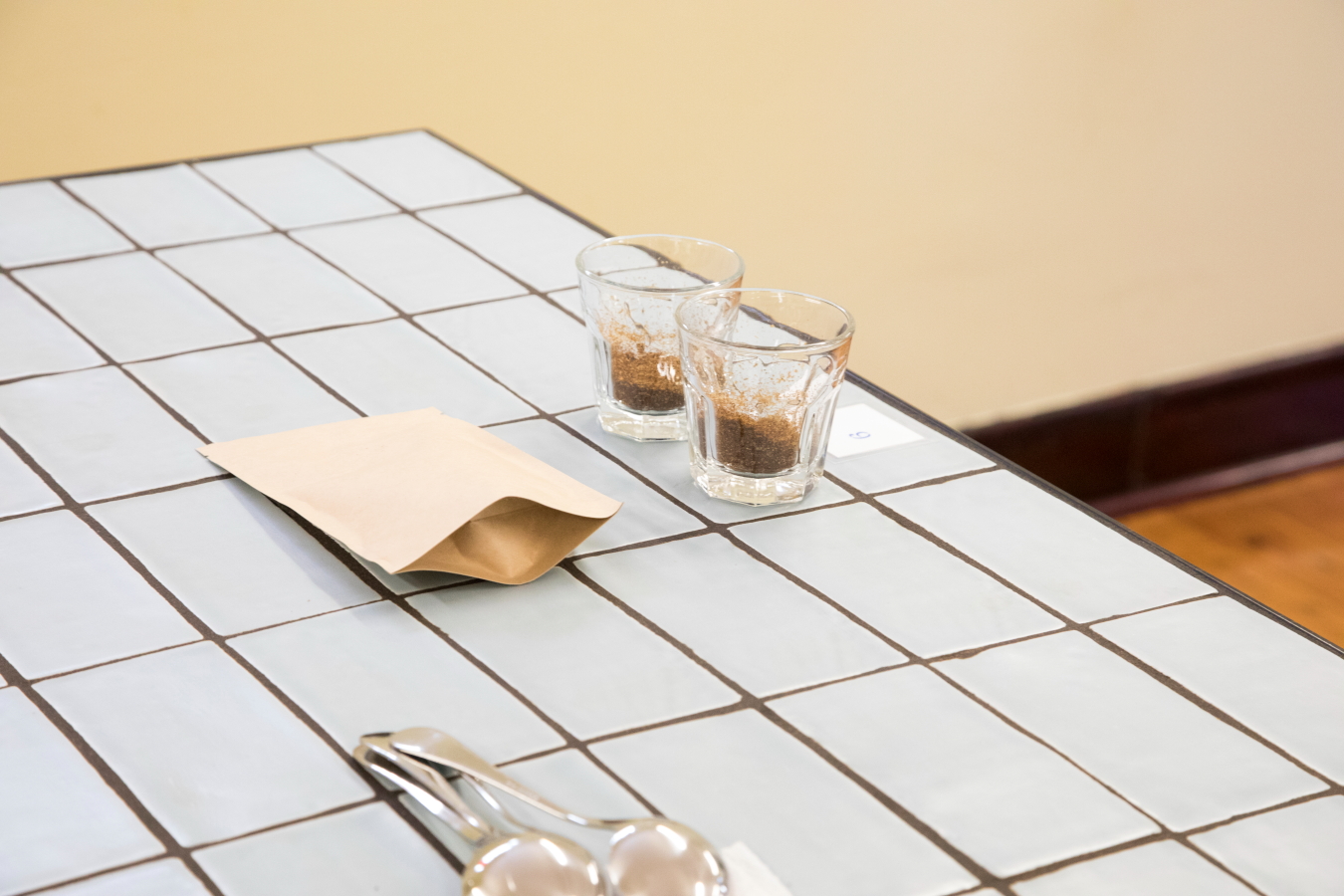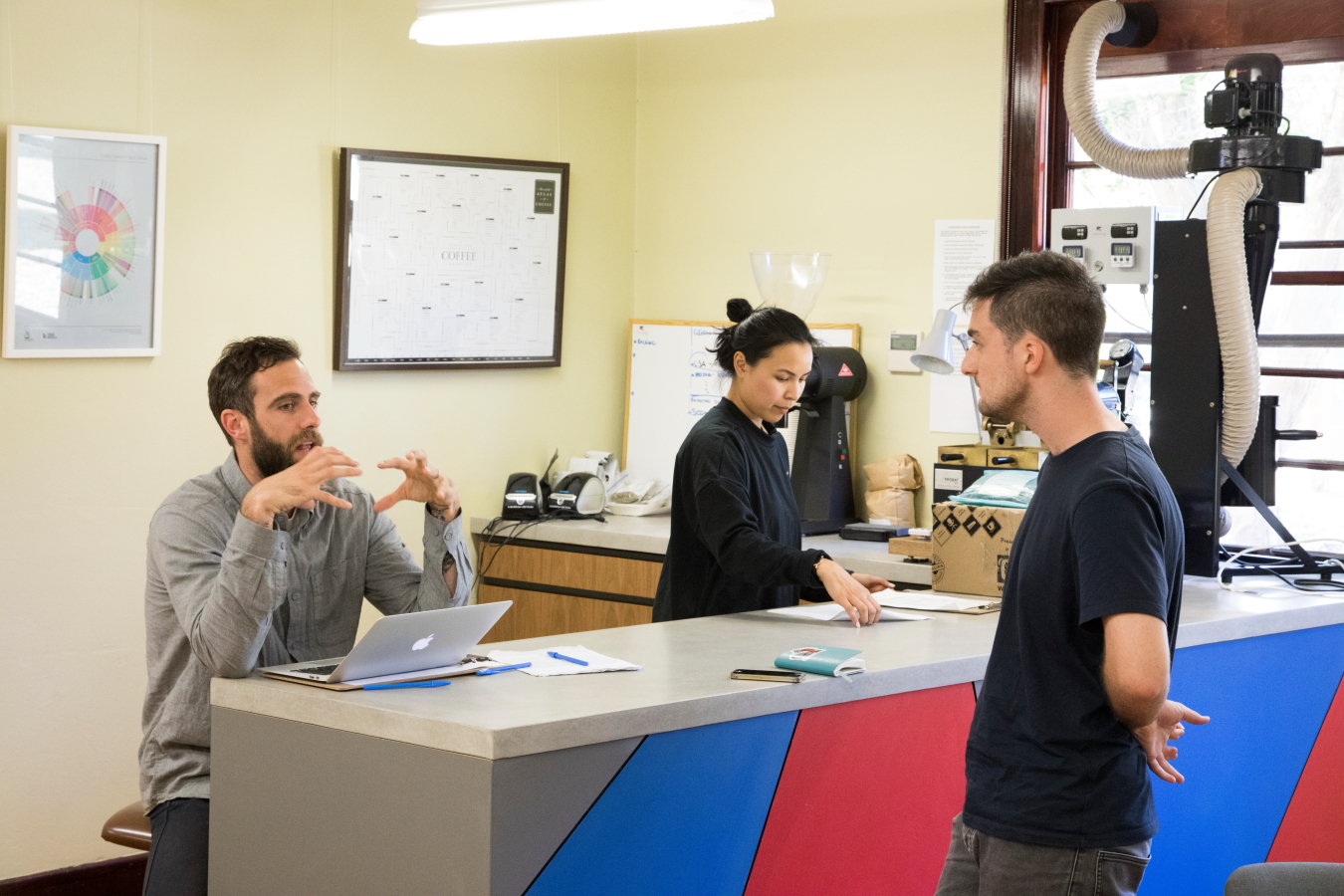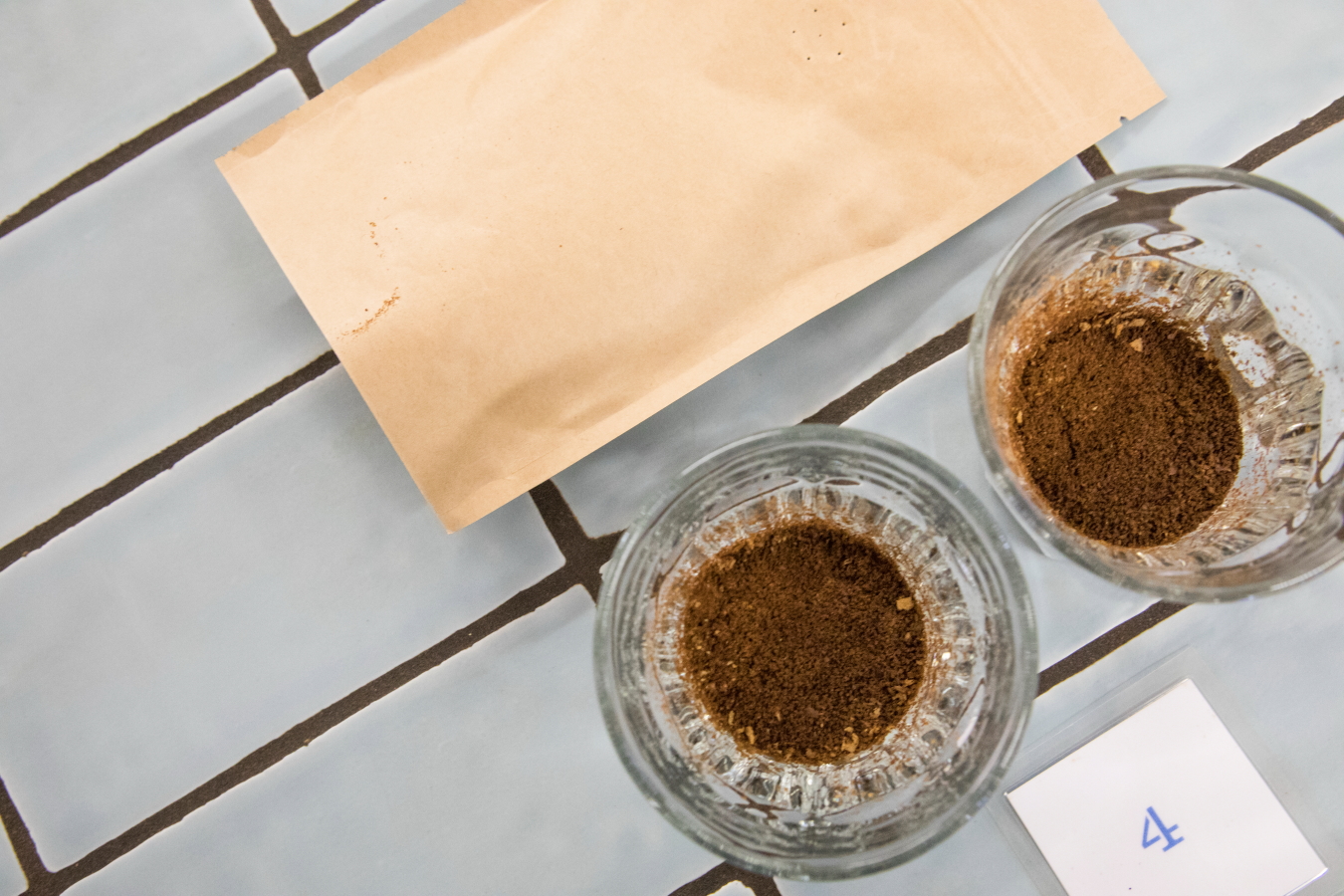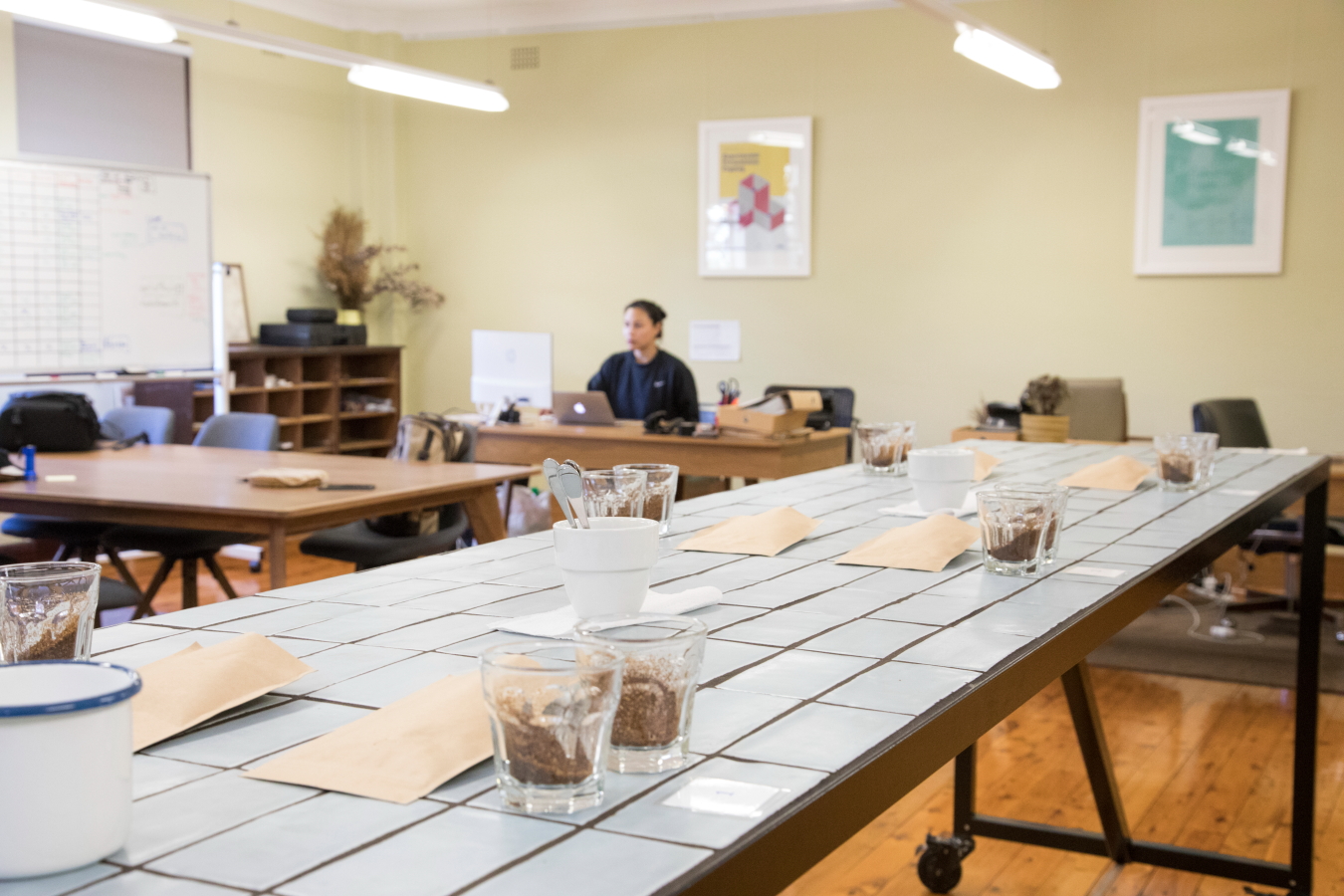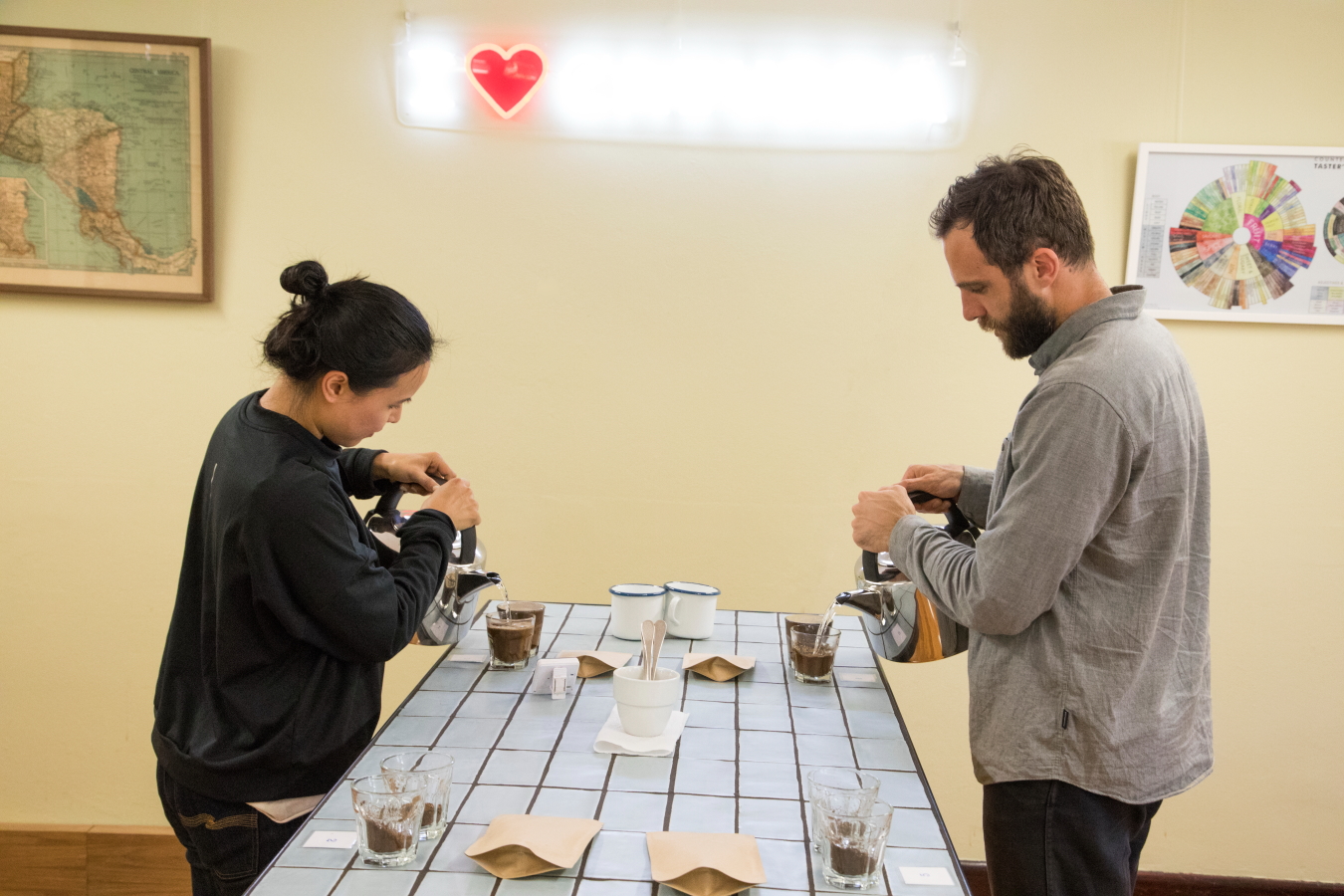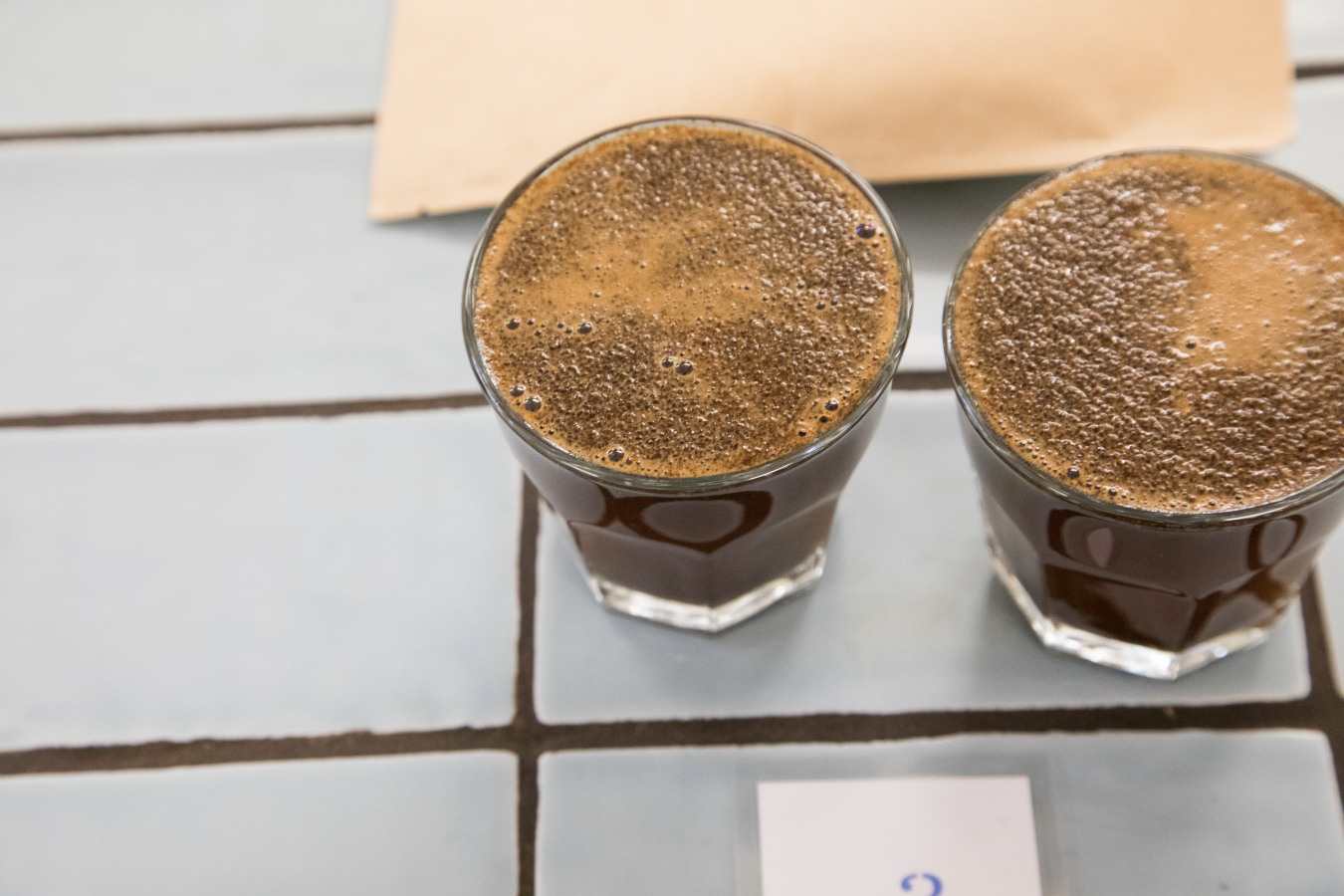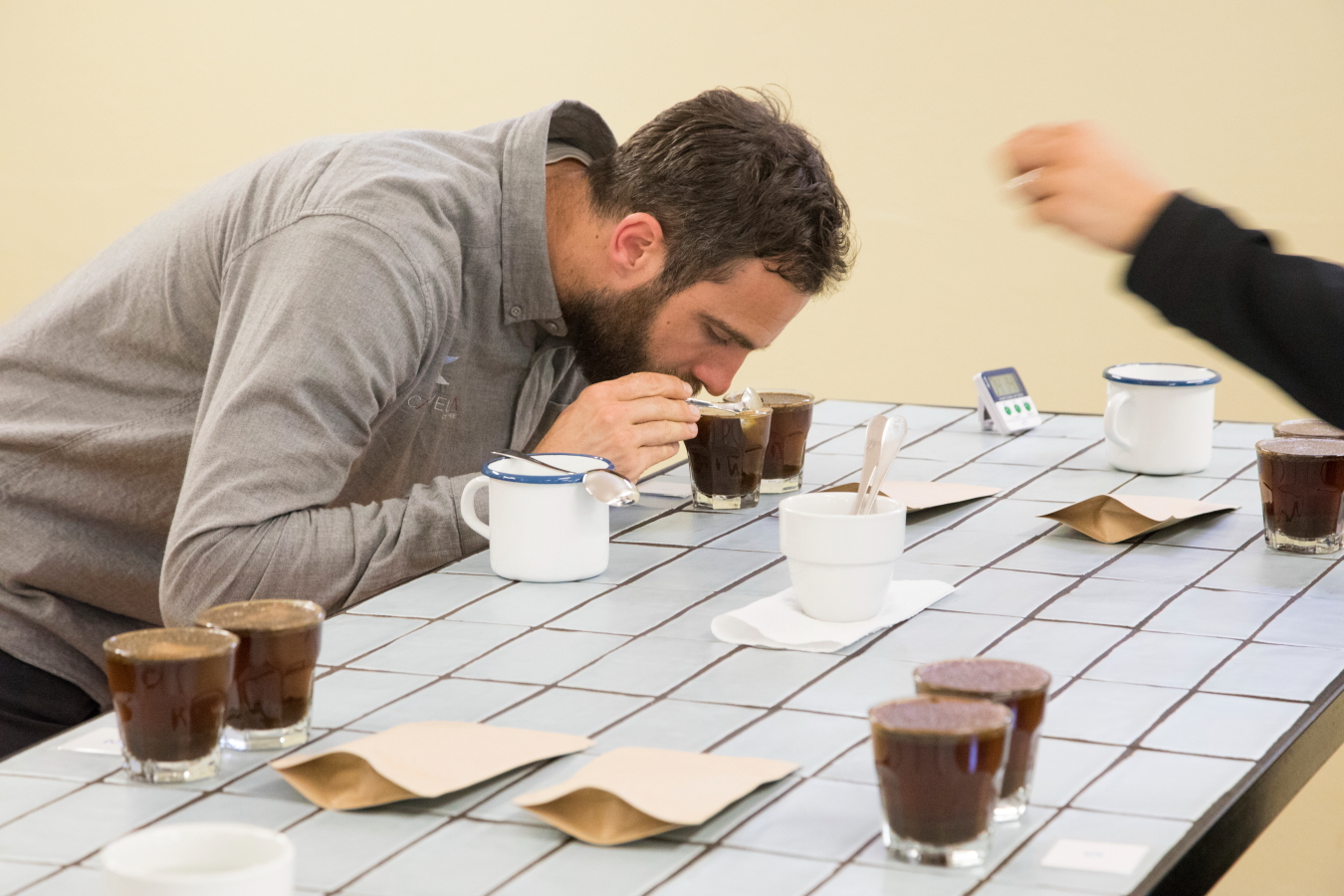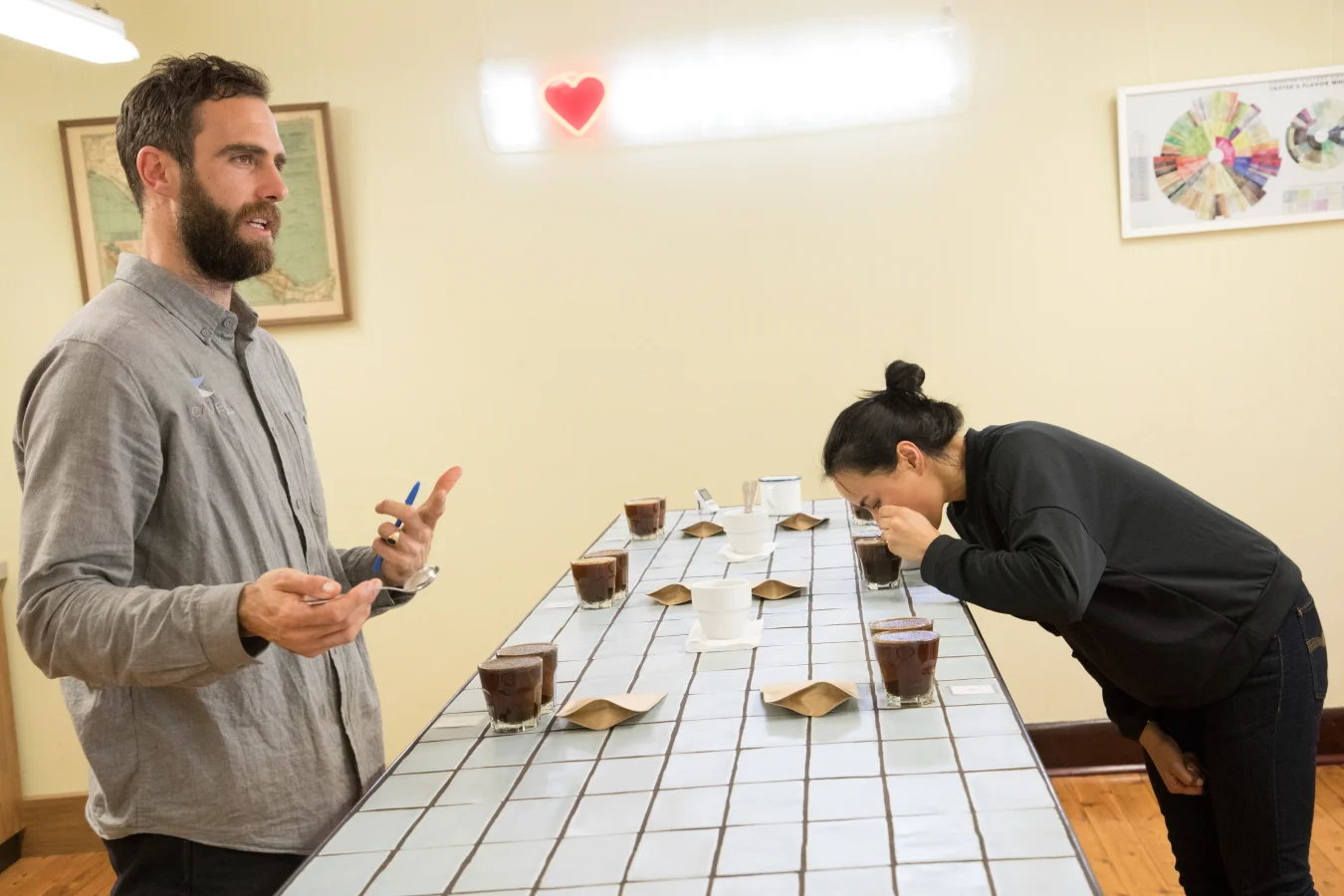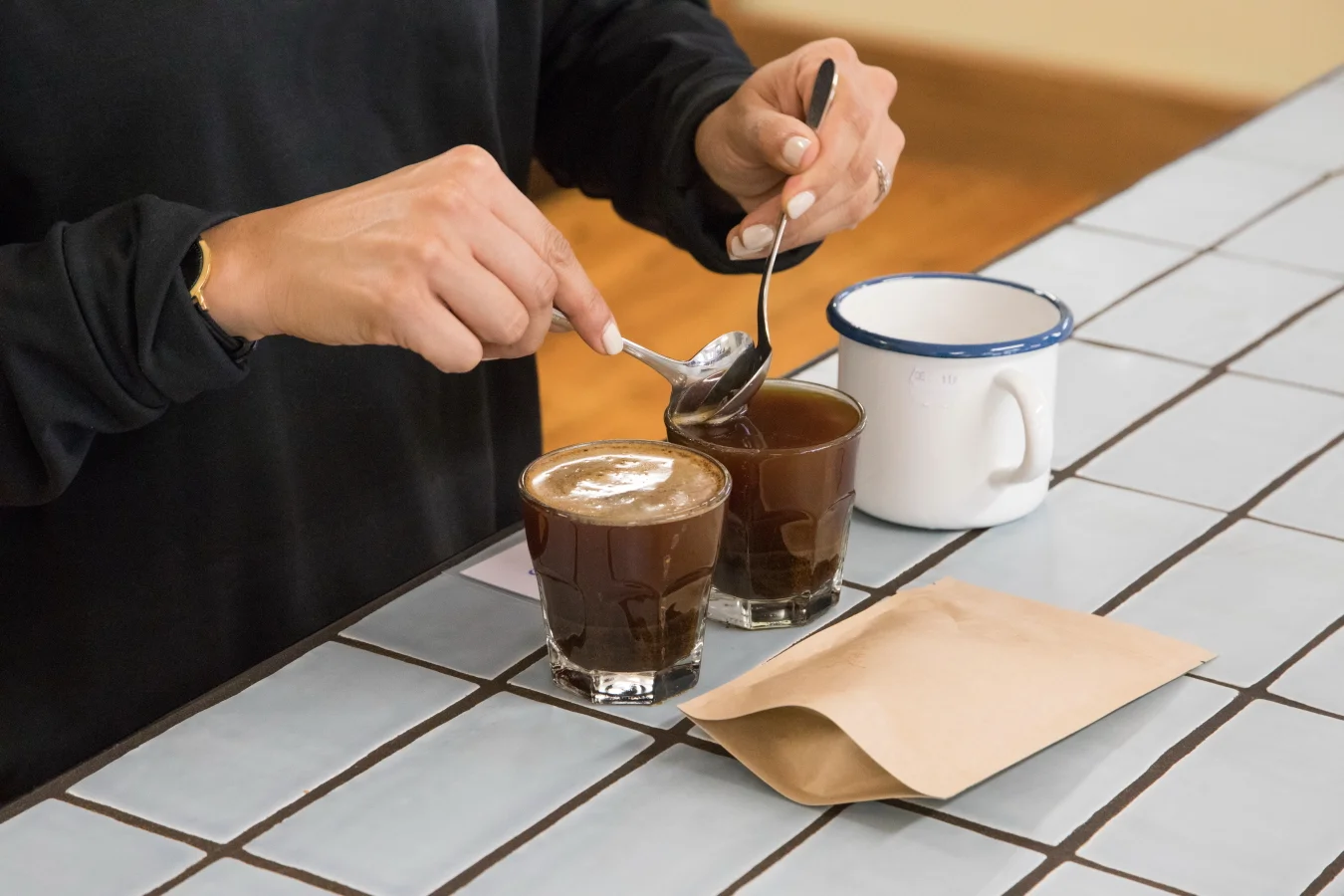Caravela: The Value of Education
Welcoming us into the Australian office, Mark Howard, customer relations specialistt of Caravela coffee, noted, “We're very much an origin based company.”
Standing in Manly, many miles away from where specialty coffee comes from, this might seem like a contradiction in terms, but despite its nominal location being in Sydney, London and Chapel Hill, North Carolina, Howard assured us that the core of Caravela’s operations are with growers at the source.
“We have almost 290 staff operating in those eight origins so I think when people come to us they know they're going direct.”
Named after the ships that Portuguese traders used to navigate the oceans in the 16th century, Caravela only sources coffee from South America, and sees it as its mission to raise the standard and stature of coffee in those countries.
Take drying, for example, “We have eighteen thousand square metres of drying beds, because you have to have even drying we have three tiered African beds in Acutal where we dry the coffee, and we dry it from anything from twenty days up to thirty days. If you compromise those steps what we're seeing is the quality or the longevity of the coffee can be compromised.”
Until more recently, altitude was seen as the determining factor in coffee quality, however in experimenting with very low altitude coffees, including those grown on the Galapagos Islands, for instance, drying has become a key component. These kinds of findings by Caravela are then communicated with farmers, so that Caravela can ensure that they are bringing high quality coffee to the global coffee market.
“What Caravel is doing on the ground, more and more available and people are definitely growing from investing in quality,” noted Howard.
This investment in quality can be seen in the way that Caravela approaches a coffee growing market such as Ecuador. Despite having some of the most outstanding coffee in the region, Ecuador exports relatively little, due to a combination of economic and social factors. Investing in educating growers and paying above market prices for coffees that Caravela instinctively knows to be of high quality has led to a return to coffee by Ecuadorian farmers, instead of corn and sugar cane.
“We wanted to help with the infrastructure, how they could properly process their coffee to get more money.” Howard described the process as follows: “If you follow these credentials or these quality processes you're going to reap the results of an 85 plus coffee.”
The policies of investment and knowledge sharing does not only occur at origin, however. As with any coffee importing company, Caravela must ensure that its coffee is finding a market, and a happy coffee drinker. Howard sees this as occurring through a similar process as at origin: education.
“We don't see our job as just importing great coffee, we also see our job as educating. Roasters, to baristas, any coffee punter who is interested in understanding more from the origin side, it's our responsibility to educate them as well.”
Such a bifocal model of coffee transportation has enabled Caravela to grow quickly, and this is something that Howard recognises, if only by ways to once again communicate Caravela’s approach to coffee.
“We've still got a long way to go, to improving ourselves, to better suit our markets that we link to, but I think the fact that we offer two services, that we don't rely heavily on other exporters to export our coffee but we have operations on the ground, that usually the people that we employ being the sons or daughters of coffee producers, that kind of changes who we are.”

